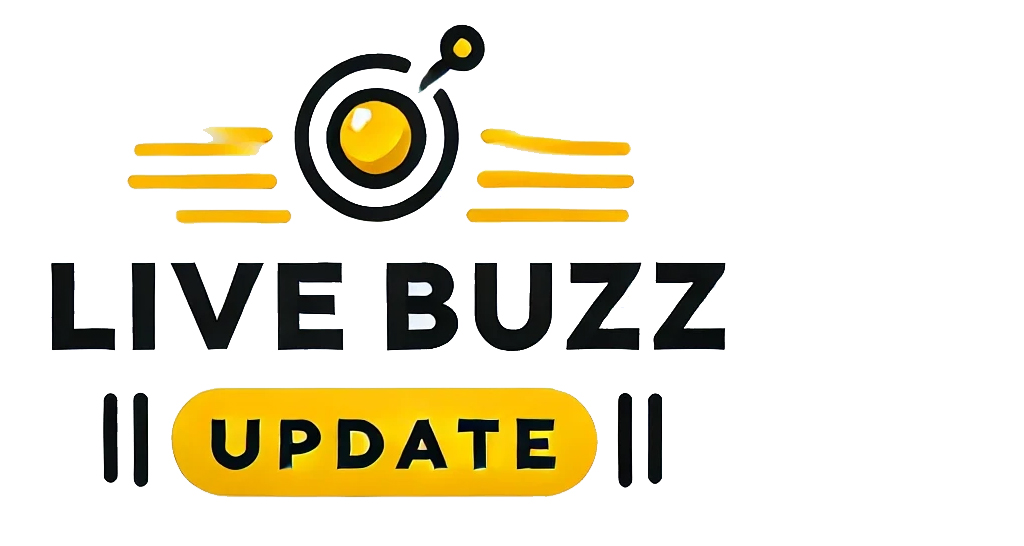The political comparison has been drawn between Florida Senator Marco Rubio and the 19th-century French diplomat, Charles Maurice de Talleyrand-Périgord. Some analysts are suggesting that Rubio, much like Talleyrand, may play an influential role in the era of Donald Trump. Just as Talleyrand wielded strategic influence during the reign of Napoleon Bonaparte, the Florida Senator could potentially develop a might in the Trump administration. However, it remains to be seen exactly what shape this influence might take.
Talleyrand, who served under Napoleon Bonaparte, is renowned for his remarkable political ingenuity. Predicated on the ability to adapt and survive in times of turmoil, he was known for switching his allegiance depending on the political climate. From serving as the minister of foreign affairs under Napoleon to ultimately conspiring against him, Talleyrand’s actions were manifestly driven by self-interest and political gain.
Similarly, Rubio is seen to be adapting to the changing political climate in the United States. Initially a critic of Trump during the 2016 Republican presidential primaries, Rubio has been viewed as aligning himself more closely with the Trump administration over time. This move is seen to be driven by Rubio’s potential presidential aspirations and the recognition of Trump’s strength among the Republican base.
Some cite Rubio’s support of Trump’s stance on Venezuela, as well as his involvement in the Venezuela aid concert as evidence of his alignment with the former president. Moreover, the Florida Senator’s appointment as acting chair of the Senate Intelligence Committee in May 2020 gives him further political clout in the Trump-influenced Republican party.
Despite this comparison to Talleyrand, the precise nature and extent of Rubio’s influence in the Trump era is yet to be fully understood. Given the tumultuous nature of the political landscape, Rubio’s strategic moves will be intriguing to watch. Like the political manoeuvres of the 19th-century French diplomat, they could potentially alter the future of American politics.
Last modified: December 21, 2024


